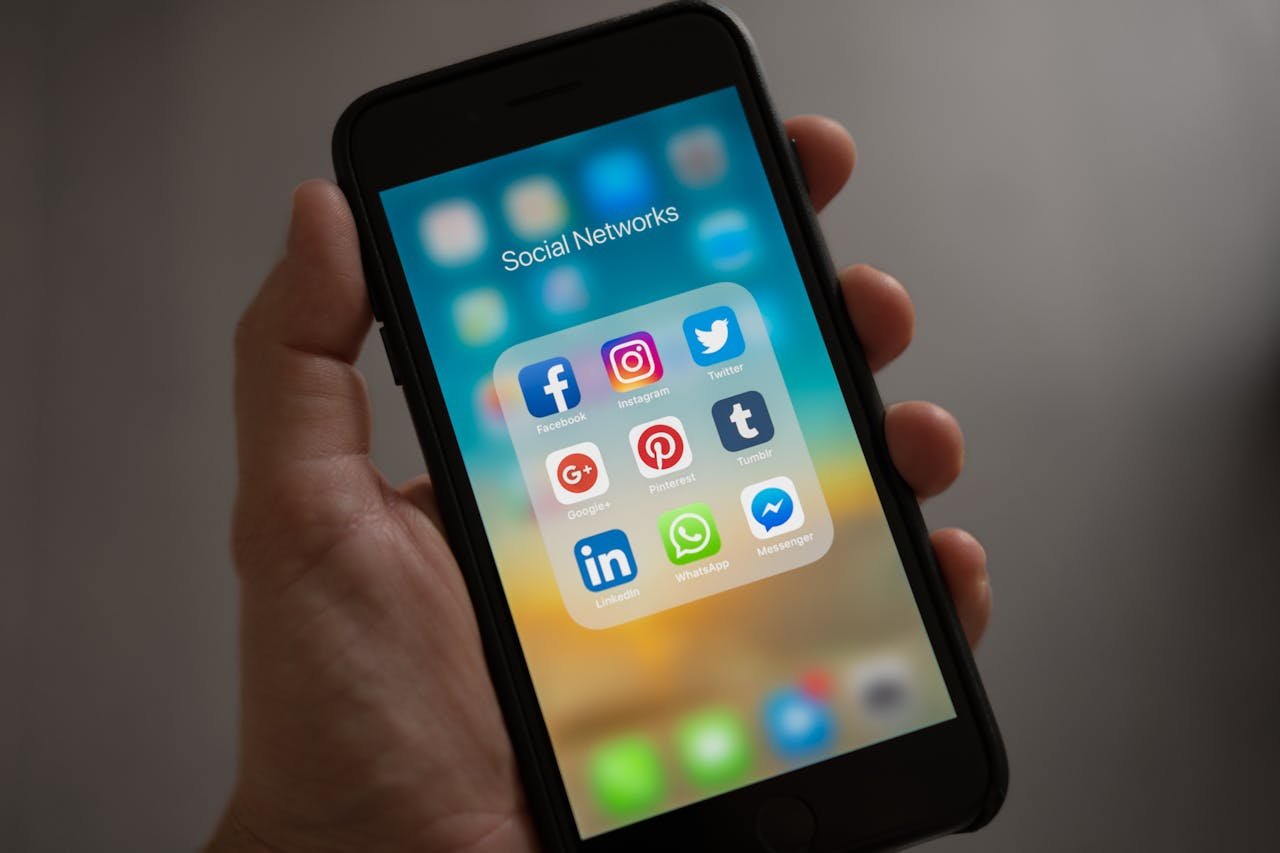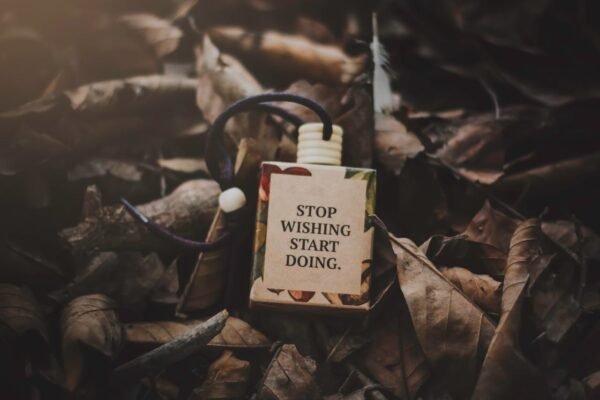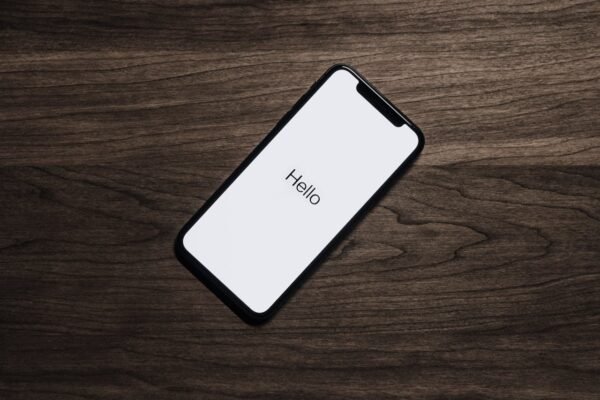People love blaming social media for tearing us apart, but honestly, we’ve always been pretty good at disagreeing with each other—social media just gave us a louder megaphone. It didn’t invent division; it just showed everyone the chaos hiding in plain sight. If anything, it’s like social media handed us a mirror we didn’t want to look into.
Think about it: arguments, misunderstandings, and shouting matches existed long before the internet. Social media just turns the volume up on the stuff we’re naturally good at. So maybe instead of blaming the platforms, we might want to stare in the mirror and recognise the real problem we’ve been carrying all along.
If you want to see why social media isn’t the evil mastermind behind all the fuss, and how it’s more like a spotlight than a villain, stick around—I promise it’s not all doom and gloom.
Key Takeways
- People have always disagreed; social media only makes it louder.
- Social media shows old habits, not new problems.
- Blaming tech isn’t the answer; understanding ourselves is.
Humans Vs Social Media: The Real Culprit
People have always found ways to argue and split into groups. Social media didn’t invent this; it just made it easier to show off our natural love for conflict and drama.
Historical Divisions: Feuding Before Filters
Long before we had Instagram filters, humans were already experts at picking fights. Wars, debates, and family squabbles have existed for thousands of years. People split into tribes, kingdoms, and clubs, often arguing about tiny details, just like today. Sometimes, these fights were about resources or beliefs. Other times, it was because someone offended someone else’s haircut choices—well, not literally, but you get the point.
History’s full of examples where people stood on opposite sides with no internet in sight. Social media just made those old divisions more visible and sped up the shouting.
Our Tribal Instincts: Why We Love to Bicker
I suspect humans have a built-in button for argument. We’re wired to form tribes because it helped our ancestors survive. It’s easier to trust people like us and be suspicious of “the other lot.” That means we enjoy defending our group and disagreeing with outsiders.
On social media, this instinct is like a party blower that never stops. The constant arguing over tiny opinions feels serious because it taps into deep feelings about identity and belonging. So, it’s less about social media causing the bitterness and more about us turning the volume up.
Offline Drama: Social Media’s Elder Sibling
Before social media, people still gossiped, argued, and took sides in real life. Family dinners, school playgrounds, offices—these were all battlegrounds for drama. People whispered behind backs and held grudges just fine without a smartphone.
Social media is just the younger sibling who shouts everything out loud and forgets to whisper. Offline drama has always been there, but now it’s easier for millions to hear. So, I don’t blame social media for starting drama; it just gave a megaphone to old habits.
How Social Media Shines A Spotlight On Old Habits
Social media didn’t invent our habits; it just throws them into the spotlight and hands out megaphones. We’ve always been prone to sticking with like-minded folks, arguing over trivial things, and blaming someone else for stirring the pot.
Echo Chambers: The Amplified Soapbox
Have you ever noticed how social media feels like a giant echo chamber? That’s because it basically recycles what you already agree with. People follow, like, and share stuff that feels safe and familiar. It’s like everyone’s shouting into their own comfy little bubble.
This isn’t new behaviour. Before the internet, we’d hang out with friends who think the same way and avoid conversations that might rock the boat. Social media just makes it easier to build those bubbles, so your beliefs get louder and louder without much challenge.
Viral Conflicts: Disputes Go Digital
Arguments have always existed. Now, they just happen on a screen for all to see. Online fights can spread quickly, like gossip in a small town, but on a global level.
Unlike face-to-face spats, social media gives everyone a front row seat. Sometimes, people jump in just to watch the drama or stir things up. This makes old-school arguments feel like a stadium event with thousands of spectators, not just neighbours chatting over the fence.
Algorithms: Stirring the Pot, Not Cooking the Stew
Here’s the deal — algorithms aren’t masterminds trying to wreck our lives. They just want to keep us scrolling by showing what grabs our attention, often drama.
Think of algorithms like a DJ who plays the songs people are dancing to right now. They pick content that’s popular or shocking because that’s what keeps people watching. They don’t create the drama, but they do crank up the volume on it.
In short: algorithms react to our old habits, not the other way around.
The Blame Game: Scapegoating Silicon Valley
People like to point fingers at others when things go wrong. It’s easier to blame a shiny tech giant than to admit the messiness of human nature. Let’s look at why Silicon Valley gets the bad rap and why we enjoy having a villain to blame.
Tech Titans And The Public Perception
Big tech companies like Facebook, Twitter, and Google are the usual suspects when social divisions come up. They get blamed because their platforms make it easy for people to shout and argue at each other. But honestly, these companies are just tools. We choose how to use them.
Sure, they have algorithms that push content people react to strongly. But blaming the tech giants ignores how people have always been quick to fight over opinions. The platforms just amplify that. Without people ready to clash, even the coolest tech wouldn’t create the chaos everyone complains about.
Why We Love a Convenient Villain
It’s fun to have a bad guy. Telling yourself “It’s all Silicon Valley’s fault” saves you from looking in the mirror. Companies become easy targets because they’re huge, rich and far away.
Also, blaming tech fits neatly in headlines and arguments. It’s less messy than saying humans have always been divided and will keep arguing, tech or no tech. Pointing fingers makes the story simpler and more entertaining, even if it’s not the full truth. I get it; sometimes you want to be mad at a company instead of your neighbours.
Moving Forward: Uniting In The Age Of Memes
Even though the internet feels like a jungle, there are simple ways to connect. Sometimes it’s the smallest, funniest things that bring us together.
Finding Common Ground One Cat Video At A Time
I swear, nothing melts the internet’s icy divides faster than a good cat video. When someone posts a kitten doing something silly, I see thumbs up from all sides. It’s like a secret handshake we didn’t know we needed.
Shared laughter over memes or videos can create quick bonds. Even if people argue about politics, a quirky dog doing yoga can pause the fight. It reminds me social media isn’t just for sparring—it can bring joy.
So next time you feel overwhelmed, don’t scroll past that silly clip. Instead, share it. You might just spark a tiny moment of peace.
Using Social Media For Good (Yes, It’s Possible!)
I used to think social media was just an endless drama fest. But it can actually help in powerful ways. People raise money for charity, spread awareness on health issues, and celebrate community wins.
Small acts on social media add up. Like retweeting a fundraising cause or supporting local events with a hashtag. Those quick, positive actions make a difference.
If you want to use social media for good, it helps to follow people and pages that inspire and educate. The key is to be intentional with what you share. It’s not all doom and gloom online—sometimes it’s downright heroic.
Conclusion
I always thought social media was like that annoying cousin who shows up and ruins family dinners. But, turns out, we were already arguing over the last slice of cake long before Facebook existed.
People have always found reasons to disagree. It’s just that now, we do it loudly online, with memes and gifs as our weapons of choice. Classic humans, really.
If you want the recipe for division, here’s what you’ll need:
- Different opinions
- A sprinkle of stubbornness
- A dash of misunderstanding
- And a platform to shout from the rooftops
Mix well and enjoy the chaos.
So, social media didn’t break us. It just gave our old habits a megaphone. Maybe next time I get into an argument online, I’ll remember – I’m not fighting with “the internet”, just my fellow grumpy humans.





